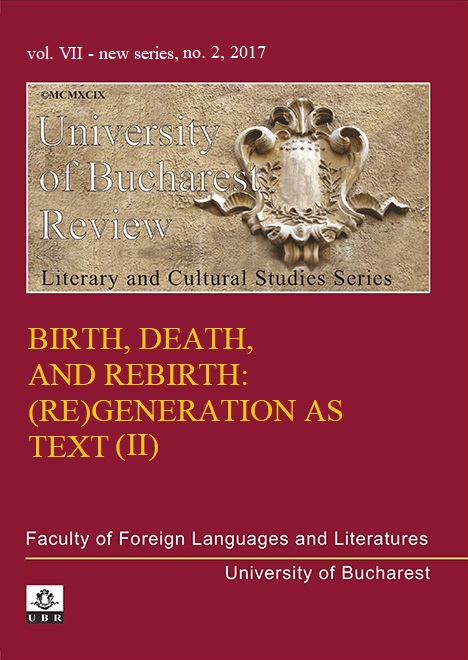SUBLIME AND FINITUDE AS SPIRITUAL
ELEMENTS IN COLERIDGE'S LATER POETRY
SUBLIME AND FINITUDE AS SPIRITUAL
ELEMENTS IN COLERIDGE'S LATER POETRY
Author(s): Nicu PopaSubject(s): Cultural history, Poetry, Studies of Literature
Published by: Editura Universităţii din Bucureşti
Keywords: the sublime; finitude; death; Coleridge; Kant; Nancy; Badiou;
Summary/Abstract: S. T. Coleridge's later poems stand out from the rest of his poetic creation through the use of a language at times denotative and apparently unresourceful that,nonetheless, manages to shape a new, less acclaimed type of sublime. Having the Kantian meaning of the sublime as a starting point, this paper will be an occasion for analyzing a post-theological understanding of the concept, that is no less philosophically interesting and that echoes the age-long fear and fascination with death and finitude. As scholar Christopher Stokes argues in his book Coleridge,Language and the Sublime. From Transcendence to Finitude (2010), one should be aware of the wider implications of the sublime in order to have a complete picture of Coleridge's poetical works. Poems such as "Limbo", "Love's Apparition and Evanishment: An Allegoric Romance" or indeed "Human Life or On the Denial of Immortality" emanate a sense of pessimism about the figure of the Romantic visionary. The reasons for this attitude will be explored in their aesthetic,philosophic and religious dimensions as they oscillate between a desire to transcend and the need to embrace the notion of finitude. Such poems could be better understood by reading them as a post-theological scenario, with their particularly Kantian sublime to which Coleridge adhered. Themes such as love and hopeconstitute examples of theological terms that are deconstructed in Coleridge's post-theological integration.
Journal: University of Bucharest Review. Literary and Cultural Studies Series
- Issue Year: VII/2017
- Issue No: 2
- Page Range: 97-105
- Page Count: 9
- Language: English

